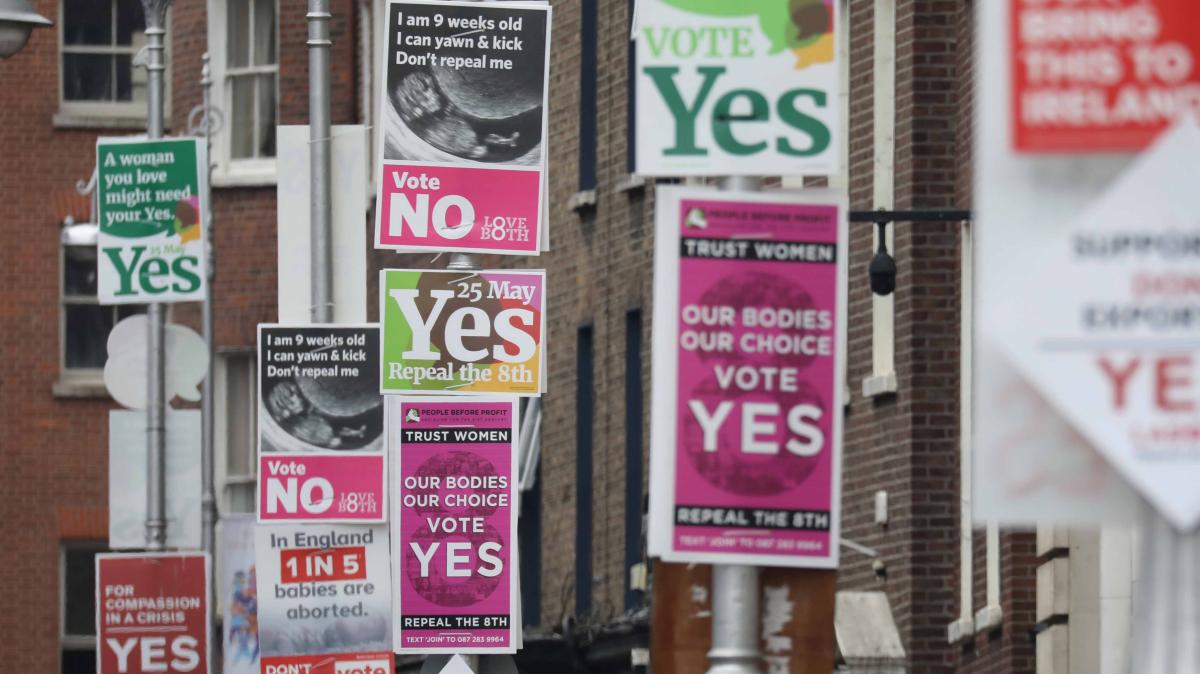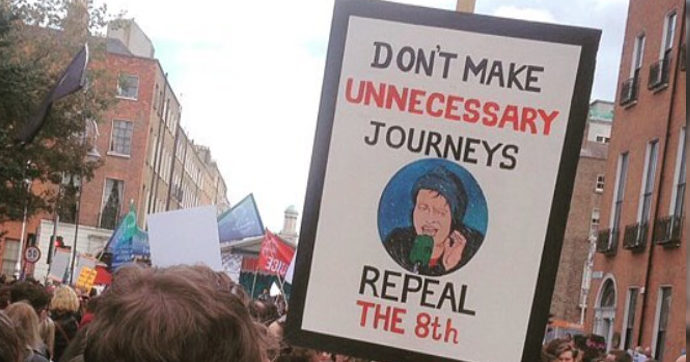The number of women travelling to Britain for abortions is rising
 Image: District
Image: District
The number of women travelling to Britain for abortions is rising
Words: Ellen Kenny
Despite legislation passed in 2018, one in three women travelling to England for an abortion are still Irish.
206 women from the Republic of Ireland travelled to Britain for an abortion in 2021, an increase of ten compared to 2020.
The majority of women who travelled from Ireland to the UK were over twelve weeks pregnant and therefore ineligible for an abortion in Ireland. Fifty per cent were foetal anomaly cases.
Three teenagers under the age of sixteen travelled from Ireland to Britain for an abortion, while a further five teens aged sixteen to seventeen also travelled.
All abortions were privately funded.
Niall Behan, chief executive of the Irish Family Planning Association, argued that these findings tell us, “unequivocally, that the law is not good enough.”
“The 2018 Act is denying care to women and girls and forcing them to seek abortion services in the UK. This is an unacceptable injustice.”

According to the Health (Regulation of Termination of Pregnancy) Act 2018, someone who is less than twelve weeks pregnant may receive an abortion for any reason.
Someone seeking an abortion must get official certification from a GP that confirms they are less than twelve weeks pregnant.
Once they are certified by a GP, the pregnant person must wait three days before they get the abortion. According to legislation, this is to ensure that the person is absolutely sure that they want an abortion.
If someone becomes more than twelve weeks pregnant during the waiting period, are no longer eligible for an abortion.
GPs also have the right to refuse termination services to anyone on the basis of “conscientious objection”, but must refer the patient to another GP in that situation. The latest statistics show that ten per cent of GPs nationally have opted into providing abortion services.
As Behan explains, “exclusions from essential healthcare cause harm.”
“No-one should have to leave Ireland for abortion care.”
Elsewhere on District: Michael Diamond wrestles with identity in ‘Lamentations’